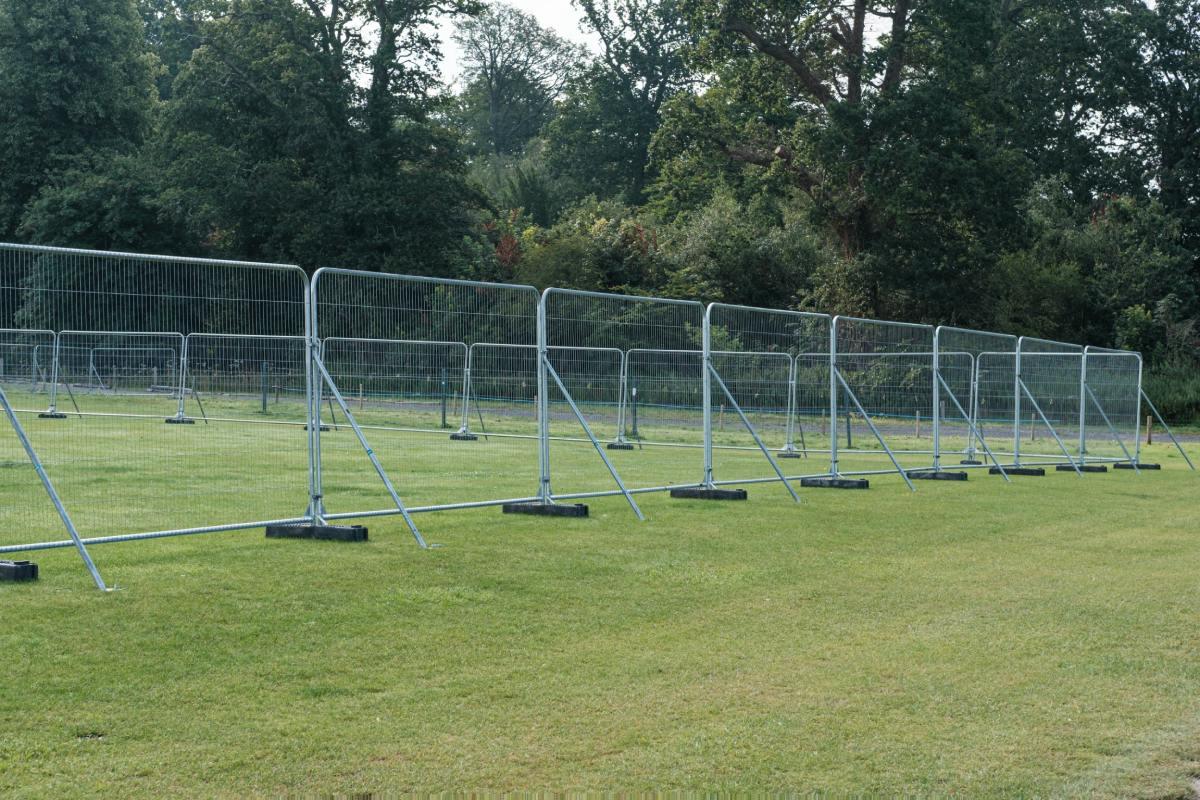
Best Practices for Renting Trailers in Different Seasons
Renting a trailer can be an efficient and cost-effective solution for transporting goods, moving houses, or traveling recreationally. However, the considerations for renting a trailer can vary depending on the time of year. Seasonal factors, such as weather conditions, road hazards, and demand cycles, play a role in influencing the quality of your rental experience. Selecting the most suitable trailer for the season can result in a smooth trip. Explore some good practices for renting trailers in different seasons.
Renting Trailers in the Spring
Spring symbolizes a fresh start, making it a popular season for moves, landscaping projects, and home renovations. All of these endeavors may require a trailer rental. When renting a trailer in spring, one of the primary considerations is handling unpredictable weather.
This season brings a mix of warm, sunny days and sudden rain showers. Opt for enclosed trailers if you’re transporting items that require protection from moisture. Make sure the trailer you’re renting has water-resistant features, such as rubber-sealed doors and durable flooring, to safeguard your cargo.
Spring’s moderate temperatures mean you won’t face the fuel efficiency challenges that extremely hot or cold conditions often present. However, you may have to deal with muddy roads, especially if you’re transporting items to rural or less-developed areas. Choosing a trailer with sufficient ground clearance can help you avoid getting stuck in soft or muddy terrain. Make early reservations where possible, as the demand for trailers can increase around spring cleaning and home improvement season.
Renting Trailers in the Summer
Summer is a peak season for trailer rentals due to vacations, road trips, and outdoor projects; however, renting in the summer requires thoughtful considerations to address heat-related issues. Trailer tires are susceptible to damage in high temperatures, so always inspect the tires for wear and appropriate psi before hitting the road. Overloaded trailers in hot weather can lead to blowouts, so pay attention to the trailer’s weight capacity during summer.
If you’re renting an enclosed trailer for recreational purposes, such as a camping trip or hauling outdoor equipment, make sure it has adequate ventilation. Heat buildup can damage temperature-sensitive items inside the trailer. To combat summer roadwork delays or increased traffic, plan your routes in advance and account for longer travel times. Taking a proactive approach will guarantee your trailer rental experience is stress-free.

Renting Trailers in the Fall
Fall is an excellent season for trailer rentals, as the cool weather provides a more comfortable environment for both short and long hauls. Autumn often involves moving seasonal equipment, such as agricultural machinery or supplies. During this time, it’s wise to consider an open utility trailer for bulky items that can withstand moderate exposure to the elements.
One factor to watch during this season is the presence of wet leaves on the road. They can be as hazardous as ice, creating slippery conditions that may affect handling and braking. When renting a trailer in the fall, use a vehicle with high-quality brakes and ensure that all tires have sufficient tread for good traction. It’s also important to look out for early signs of frost or dropping temperatures at night in some regions. If frost becomes an issue, especially in mid-to-late fall, enclosed trailers will protect your cargo.
Autumn is a relatively quieter season for trailer rentals compared to summer, which may present opportunities for discounted rates. Check with rental companies to see if off-season pricing aligns with your needs.
Renting Trailers in the Winter
Winter comes with its own set of challenges when renting a trailer; snow, ice, and freezing temperatures can put additional strain on both the trailer and towing vehicle. Safety should always be your top priority during this season. Before renting, confirm that the trailer has winter-ready features, such as winter-grade tires.
When towing in winter weather, always account for longer braking distances and slower acceleration. If you’re renting an open trailer, confirm that your rental includes tie-downs for tarps to protect your cargo from snow or frost. For enclosed trailers, check the seals and latches to prevent drafts or moisture from getting inside.
Road salt could cause corrosion to metal parts of the trailer, so inspect for vulnerability to rust. Renting during the end-of-year holiday season can also present logistical challenges, as availability may be limited due to high demand for moving and large deliveries. To secure the best trailer option, consider booking well in advance and confirm the rental company’s policies for inclement weather.

General Tips for Every Season
Regardless of the time of year, you should follow certain best practices every time you rent a trailer. First, ensure that you have the appropriate towing vehicle with a properly installed hitch that matches the trailer type. Rental companies can provide guidance on vehicle-to-trailer compatibility, so don’t hesitate to ask questions.
Always conduct a thorough walkthrough of the trailer before taking it off the lot. Check for damage, make sure all lights and wiring are functional, and confirm that the trailer is clean and ready for use. Document existing wear and tear to avoid disputes with the rental provider upon return.
Insurance is another factor in trailer rentals. Review the rental company’s insurance offerings, and determine whether your personal auto policy or credit card benefits provide coverage for trailer rentals. Checking that you are fully covered can prevent unexpected out-of-pocket costs in case of accidents or damage.
Lastly, always plan your routes and inform yourself about local regulations regarding trailer towing. Some areas may impose seasonal restrictions or require permits for specific trailer sizes and uses.
Renting a Trailer with Confidence
By taking advantage of the best practices for renting trailers in different seasons, you can make the experience seamless. Each season presents unique challenges and opportunities, but with careful planning and smart storage trailer rental choices, you can tackle any project or trip with confidence. Whether you’re navigating muddy spring terrain, preparing for a summer road trip, dealing with slick fall roads, or braving icy winter conditions, these tips will make your trailer rental a success.